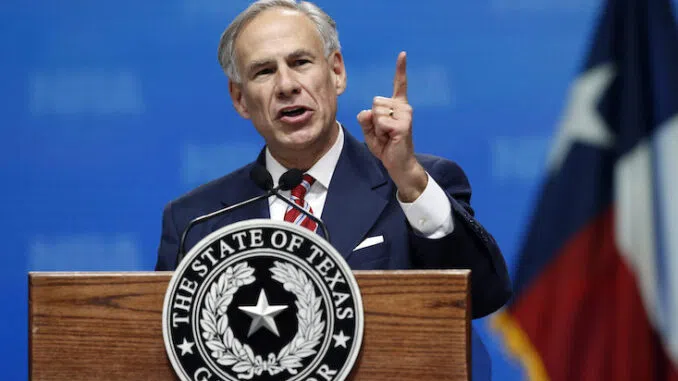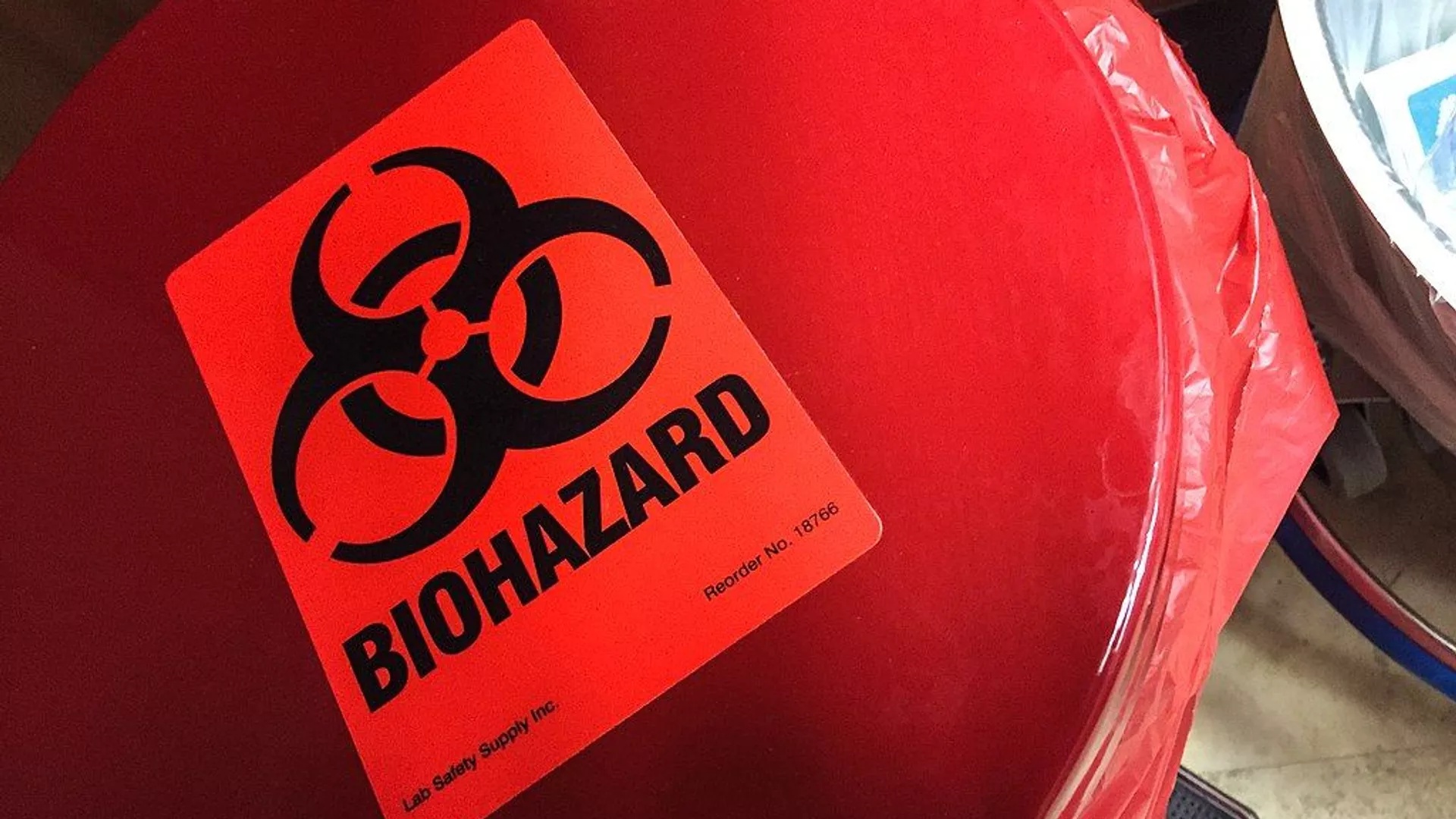Texas has taken a significant step in safeguarding the well-being of children by officially prohibiting life-altering transgender surgeries for minors. Governor Greg Abbott, a Republican, signed into law SB 14 on Friday, which aims to protect children from irreversible sex-change procedures, including surgical interventions, puberty blockers, and cross-sex hormones. This groundbreaking legislation prioritizes the physical and psychological health of minors while addressing concerns related to gender-affirming care. Let's explore the details of this new law and its implications for the Lone Star State.
1. What Does the Law Encompass?
The recently passed bill, SB 14, effectively bans minors from undergoing surgical procedures and receiving puberty blockers and cross-sex hormones. Termed "gender-affirming care" by proponents, these procedures often involve genital alteration or removal, popularly known as "bottom surgery." Furthermore, the term "top surgery" is used to describe a double mastectomy for girls who identify as boys, previously referred to as "tomboys." The comprehensive scope of SB 14 seeks to protect children from potentially life-altering decisions by ensuring their biological development remains intact during their formative years.
2. Restricting Funding for Procedures
In a bid to reinforce the prohibition, SB 14 also prevents the allocation of state funds toward these procedures for minors. By cutting off financial support, the law aims to deter medical practitioners from engaging in gender-affirming treatments that may have irreversible consequences. State Senator Donna Campbell, the bill's author, emphasized the necessity of government intervention when the medical profession fails to regulate itself adequately. She argued that children require counseling and affection, not invasive procedures and pharmaceutical interventions.
3. Texas Joins the Ranks of Other States
With Governor Abbott's signature, Texas has become the latest state to enact a ban on transgender surgeries for minors, joining a group of at least 18 other states. Numerous states have adopted legislation that prohibits both surgical and chemical procedures for minors. The Texas law explicitly states that these procedures are prohibited when the aim is to transition a child's biological sex based on objective factors such as sex organs, chromosomes, and endogenous profiles. Additionally, the law recognizes the significance of aligning a child's perception of their sex with their biological reality.
4. Overcoming Legislative Obstacles
The journey of this legislation through the Texas legislature faced various challenges as Democratic representatives employed parliamentary tactics to stall its progress. However, it is noteworthy that Democrat Rep. Shawn Thierry voted in favor of the bill, acknowledging the scientific evidence highlighting the long-term consequences of transgender procedures. In a statement, Thierry explained that her decision to support the ban stemmed from discussions with constituents and a comprehensive review of scientific data both within the United States and globally. This bipartisanship demonstrates the importance of prioritizing child welfare over political affiliations.
5. Legal Challenges Ahead
Despite the passage of this groundbreaking law, left-wing legal groups such as Lambda Legal and the ACLU of Texas have voiced their intent to pursue legal action against it. They argue that transgender individuals have always existed and deserve a world where they can thrive. These groups emphasize their commitment to advocating for transgender youth in and out of the court system. The impending legal battles will likely test the constitutionality of Texas law and its ability to withstand challenges from organizations advocating for transgender rights.
6. Recent Allegations and the Need for Regulation
The enactment of SB 14 comes in the wake of allegations surrounding a Houston-based children's hospital. According to whistleblower documents obtained by Christopher Rufo of City Journal, Texas Children's Hospital, the largest of its kind in the United States, allegedly performed transgender procedures on children as young as 11. The insertion of implantable puberty blockers in multiple minors, including at least one 11-year-old, has raised concerns and reinforced the need for stricter regulations to protect vulnerable children.
Conclusion: Texas has taken a significant stride towards safeguarding the well-being of children by passing legislation that prohibits life-altering transgender surgeries for minors. With the implementation of SB 14, Lone Star State joins a growing number of states that recognize the importance of protecting children from irreversible medical interventions. While legal challenges loom, the Texas law serves as a critical step towards ensuring that children receive appropriate counseling and support rather than undergoing potentially life-altering procedures. The focus on child welfare transcends political divisions, emphasizing the shared responsibility of society in nurturing the well-being of its youngest members.
Support My Journey 
If you’ve enjoyed this article, please consider donating! I’m saving up to buy a used car to keep my travels (and stories) rolling. Every little bit helps — and is deeply appreciated. GoGetFunding


